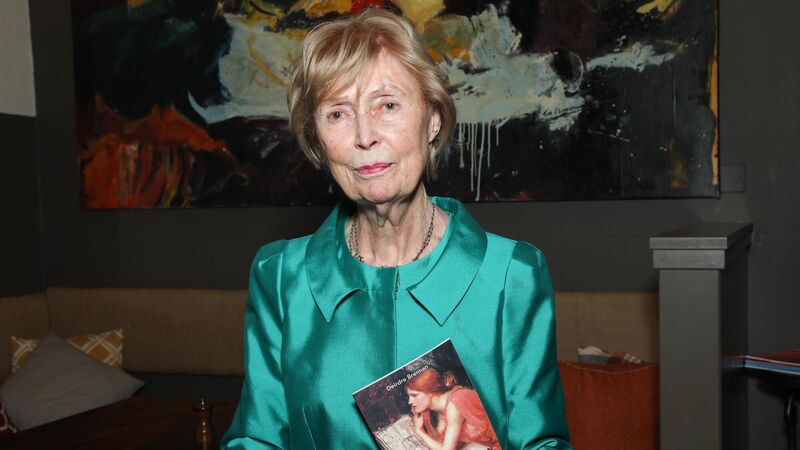Sarah Harte: Ageism that pervades our society is both short-sighted and irrational

Deirdre Brennan won the Farmgate National Poetry Award as part of the International Poetry Festival in Cork.
Try from €1.50 / week
SUBSCRIBE
Deirdre Brennan won the Farmgate National Poetry Award as part of the International Poetry Festival in Cork.
Do older people have a best-before date creatively?
Last week as part of the Cork International Poetry Festival, Deirdre Brennan won the Farmgate National Poetry Award for her collection, Medea’s Cauldron, which is published by Arlen House.
Already a subscriber? Sign in
You have reached your article limit.
Annual €130 €80
Best value
Monthly €12€6 / month
Introductory offers for new customers. Annual billed once for first year. Renews at €130. Monthly initial discount (first 3 months) billed monthly, then €12 a month. Ts&Cs apply.
CONNECT WITH US TODAY
Be the first to know the latest news and updates
Newsletter
Sign up to the best reads of the week from irishexaminer.com selected just for you.

Select your favourite newsletters and get the best of Irish Examiner delivered to your inbox
Monday, February 9, 2026 - 6:00 AM
Monday, February 9, 2026 - 8:00 AM
Monday, February 9, 2026 - 9:00 AM
© Examiner Echo Group Limited